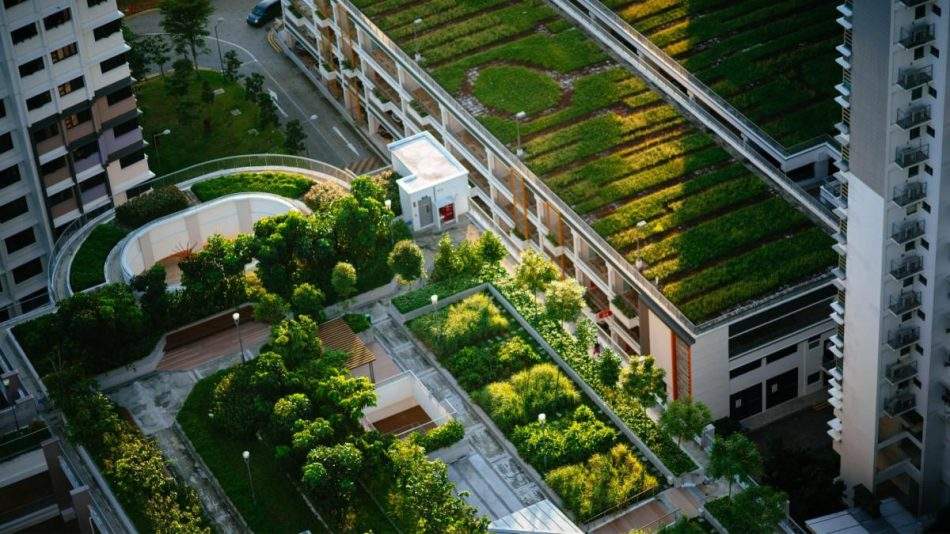Sustainable real estate development
How to promote sustainable real estate development
March 4 marks World Engineering for Sustainable Development Day, an occasion that invites us to reflect on the challenge facing the real estate sector in contributing to the decarbonization of our modern life. According to the commitments of the Paris Agreement, one of its crucial goals is the reduction of polluting emissions by 2050. However, for the building sector, this goal presents itself as a considerable challenge, as United Nations statistics point out that energy demand in buildings has increased significantly and carbon dioxide emissions related to real estate operations have spiked.
A recent UN report highlights this growing gap between current performance and the desirable path towards decarbonization. Demand for environmentally friendly, sustainable and energy-efficient spaces is steadily growing, according to residential project finance and management platform DD360. This growth is driven by the advantages and benefits offered to both real estate developers and future occupants of these buildings.



This upward trend is not only observed in the field of sustainable spaces, but also in various verticals. According to Accenture data, 61% of consumers worldwide prioritize the purchase of products with a positive environmental footprint.
DD360 defines a sustainable real estate development as one that, during its construction, minimizes its negative impact on the surrounding environment. This is achieved through energy efficiency, both passively, by taking advantage of natural elements such as trees, natural light and air currents, and actively, through the use of appropriate architecture and technology. Sustainability is also achieved through conscious building planning and intelligent use of space, taking advantage of natural resources rather than depleting them during the building process.
Sustainable developments, according to the College of Architects, bring benefits such as a reduction in CO2 generation, greenhouse gas production and a decrease of up to 30% in energy consumption. In addition, these developments generate a positive impact on the demand for infrastructure and municipal services, since by consuming less water they produce less wastewater compared to traditional buildings.



Technology plays a key role in driving sustainability in the real estate sector. DD360 suggests that tools such as a verified information system can provide access to data about green areas, sports spaces, vegetation density, public and private gardens, allowing developers to make informed decisions about the type of construction they wish to undertake. This panoramic view provides them with a greater understanding of the environment in which they plan to build or acquire properties, allowing them to develop strategies that preserve these valuable natural resources rather than compromise them.
In short, sustainable real estate development is essential to addressing the environmental challenges of our time. By adopting sustainable practices and technologies, actors in the construction industry can make a significant contribution to decarbonization and the well-being of society at large.
Comments
We are interested in your opinion, please leave us a comment